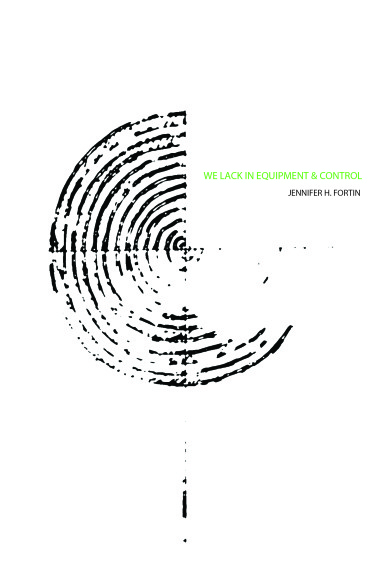
H_ANGM_N Books
104 pages, $14.95
Review by Carley Moore
In the introduction to Sing a Battle Song: The Revolutionary Poetry, Statements, and Communiqués of the Weather Underground, 1970-1974, Bill Ayers re-examines the complex global social, political, and economic climate that led to the formation of one of the most infamous revolutionary groups in American history. Known for their brash communiqués and the bombing of several government buildings in response to the war in Vietnam, the Weather Underground created their own vocabulary, a series of riffs on the Bob Dylan lyric from the song “Bad Moon”—“You don’t need a weatherman to know which way the wind blows.” Ayers remembers:
We talked of Weathermen and Weatherwomen, Weatherkids and Weatherstories, Weather documents and Weathersymps. The leadership was, of course, the Weather Bureau, a leaflet was a Weather Balloon, and the anti-imperialist struggle was the Weather Tide. Recruits went through what amounted to an informal Weatherman Berlitz in order to become functionally bilingual.
Weather, then, became not only a patois, but also a means to communicate on two levels—the politics in the air and the air itself.
I am reminded of the Weatherman patois—the desire to get at both the weather and the mood underneath the weather—when I read Jennifer H. Fortin’s second collection of poetry, We Lack in Equipment and Control. And though Fortin’s work is not a political manifesto or a call to overthrow the government, she does, like the Weather Underground, traffic in atmospheric dispatch and telegraph. The first section in the book in particular, Of Environmental Concern, works meteorologically, creating a world that hovers at the edges of a snowy February and hints at a never named “you” who has left. The speaker often wonders about this you. In one poem (all of the poems in the book are untitled, though the table of contents lists each by its first line), she muses, “If you return, might it be because you have no-/where else to land” and in another asks, “What news follows you these days? / What impresses you?” And later still, “I might send you something unasked-for.” And yet there’s something stoic in this solitude, something decidedly February, something I recall from my own snowy upstate New York childhoods as a kind of wintry fortitude. The speaker is matter-of-fact about the snow, and confident in her place in it. Here’s the first poem in the collection:
A great snowstorm & maybe
you will not apologize
for the details you use in order
to sponsor your other details.
Snow, a giant detail I want
to point out, but there’s no one
living with me. How fast
each morning alarm, though I’m faster.
And yet it would be too simple to claim this section as only about loss during a particularly brutal February. Fortin also investigates, often in fragments and sometimes puns, the low-level hum of work and friends and screen ads that make up our modern existence. The speaker makes note of this world, often simply by naming it for us:
“The signs urge you to Get Help in Over 50 Languages” and “Chat Live With Our Meteorologists” and later “I turn formats into formats, my boss thinks its genius, we’re/all geniuses.” This technological detritus—self-help ads, live chats, and formats—becomes a secondary weather in the book, a backdrop to the emotional and atmospheric conditions that husk the speaker in February, in winter, and in life.
The second section of the book, That Which Just Gets Tired & Then Kind, keeps February at its center, but weaves together new images of horses, ships, and colonies. We get the sense that we’re in a new but related territory, but Fortin is cagey, her speaker even admits, “I would never say/what actually is.” The horse/pony imagery is stealthy and powerful like the original Trojan horse. The speaker warns, “In passing behind a horse,/angel or boat/on the cusp of ruin,/touch your body/to its. When bodies compare thusly, there’s no length to strike/has to go before landing. Seems more dangerous to be right/up against,/but it’s actually/safer, dizzyingly so.” And later, “There is a February foal turning into me” and “Supposedly I’m building a new body.” There’s a birthing here—woman into pony, winter into spring, and the coupled into the singular. The weather can hold us, Fortin suggests in this fascinating and rich new collection, if we only turn and face it.
***
Carley Moore is a poet, novelist, and essayist. Her work has appeared or is forthcoming in The American Poetry Review; Aufgabe; Brain, Child; Fence; The Journal of Popular Culture; Linebreak, and Painted Bride Quarterly. Her debut young adult novel, The Stalker Chronicles, was published by Farrar, Straus, and Giroux in 2012. Follow her on Twitter @carleymoore2 or find her blogging at carleymoorewrites.com.
![[PANK]](http://pankmagazine.com/wp-content/themes/pank/assets/images/pank-logo-large.png)
